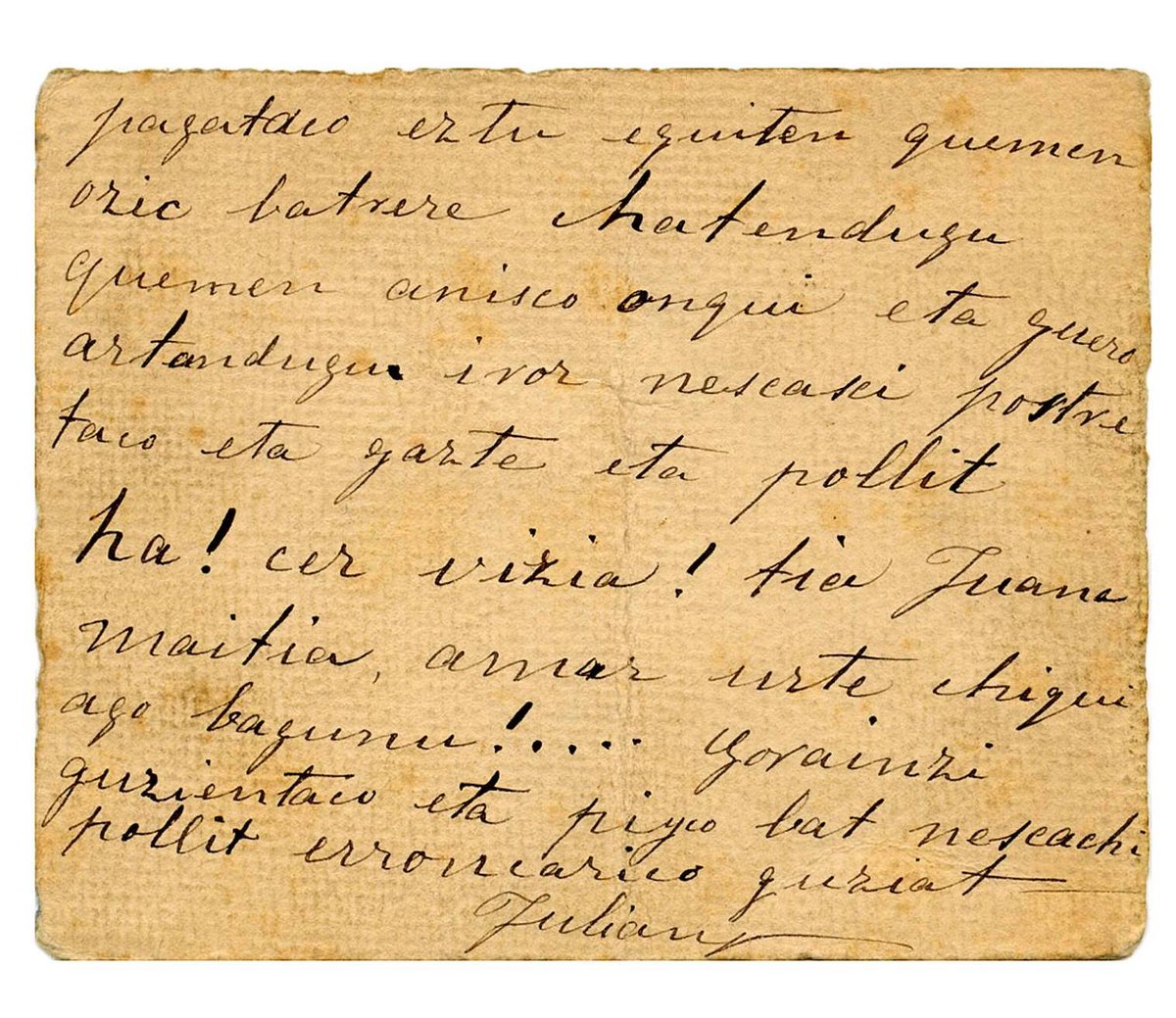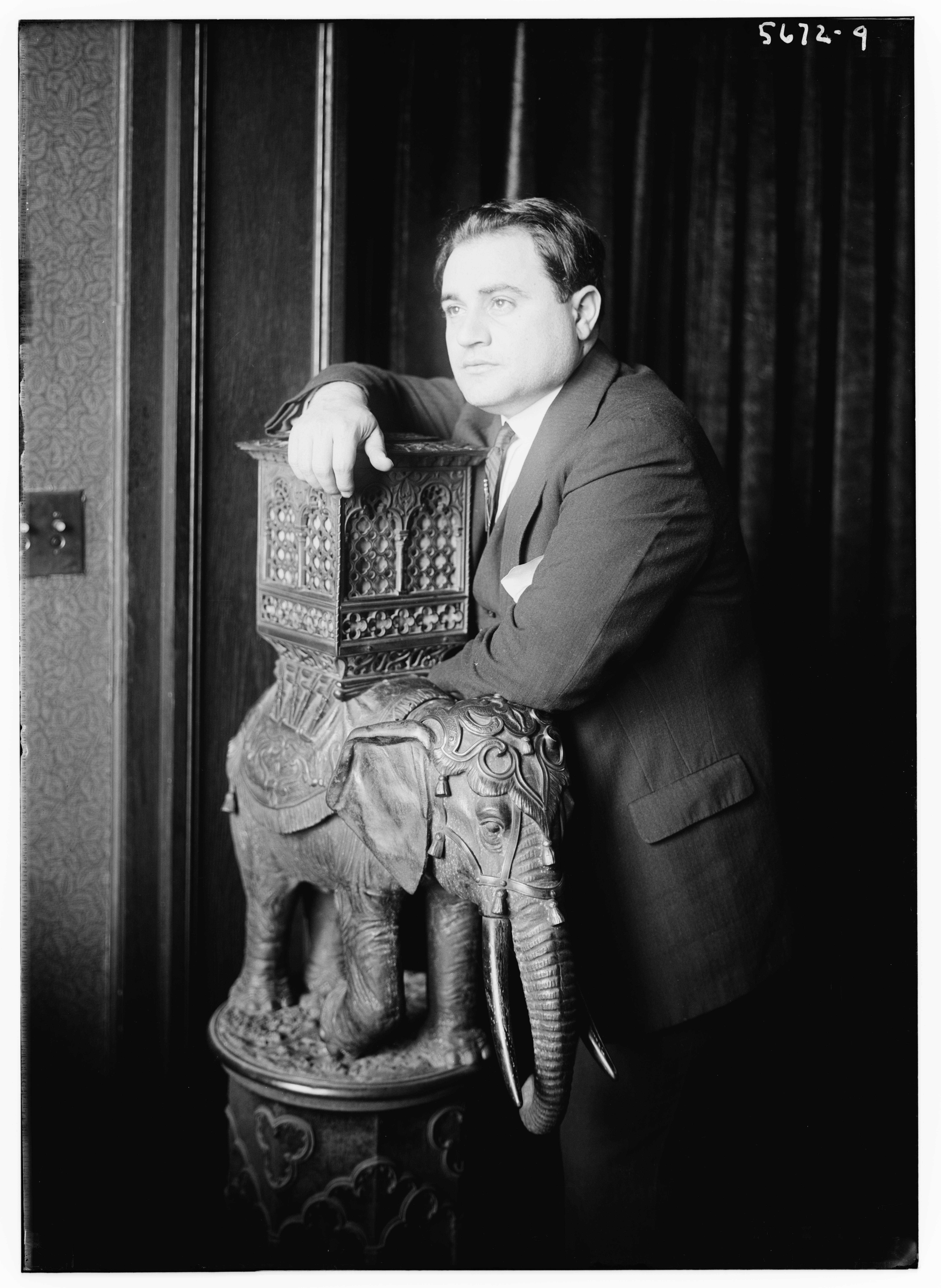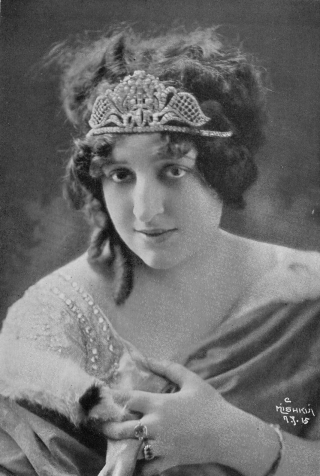|
Eduardo Arnosi
Eduardo Arnosi (November 6, 1924 in Buenos Aires, Argentina – December 23, 2012) was an Argentinian music critic, writer on music, and academic. He wrote articles on opera and classical music for the newspapers '' El Mundo'' and ''La Nación''; notably penning an article in the latter publication on the Teatro Colón debuts of Maria Callas and Mario Del Monaco made in a 1949 production of Puccini's ''Turandot''. For three decades he contributed articles about opera in Argentina to the magazines ''Opera News'' and ''Opera''. Arnosi penned several books on opera, including biographies on Titta Ruffo (''Titta Ruffo: el titán de los baritones'', Ediciones Ayer y Hoy de la Opera, 1977), Lauritz Melchior (''Lauritz Melchior, el coloso wagneriano'', Ars Lyrica, 1994), Claudia Muzio (''Claudia Muzio, la única: en el cincuentenario de su muerte'', Ars Lyrica, 1986), Beniamino Gigli and Julián Gayarre. In addition to writing, he taught for many years at the Instituto Universitario Nacio ... [...More Info...] [...Related Items...] OR: [Wikipedia] [Google] [Baidu] |
Buenos Aires
Buenos Aires ( or ; ), officially the Autonomous City of Buenos Aires ( es, link=no, Ciudad Autónoma de Buenos Aires), is the capital and primate city of Argentina. The city is located on the western shore of the Río de la Plata, on South America's southeastern coast. "Buenos Aires" can be translated as "fair winds" or "good airs", but the former was the meaning intended by the founders in the 16th century, by the use of the original name "Real de Nuestra Señora Santa María del Buen Ayre", named after the Madonna of Bonaria in Sardinia, Italy. Buenos Aires is classified as an alpha global city, according to the Globalization and World Cities Research Network (GaWC) 2020 ranking. The city of Buenos Aires is neither part of Buenos Aires Province nor the Province's capital; rather, it is an autonomous district. In 1880, after decades of political infighting, Buenos Aires was federalized and removed from Buenos Aires Province. The city limits were enlarged to include t ... [...More Info...] [...Related Items...] OR: [Wikipedia] [Google] [Baidu] |
Lauritz Melchior
Lauritz Melchior (20 March 1890 – 18 March 1973) was a Danish-American opera singer. He was the preeminent Wagnerian tenor of the 1920s, 1930s, and 1940s and has come to be considered the quintessence of his voice type. Late in his career, Melchior appeared in movie musicals and on radio and television. He also made numerous recordings. Biography Early years Born Lauritz Lebrecht Hommel Melchior in Copenhagen, Denmark, the young Melchior was a treble and amateur singer before starting his first operatic vocal studies under Paul Bang at the Royal Opera School in Copenhagen at the age of 18 in 1908. His sister, Agnes Melchior (1883–1945), was a blind Danish Esperantist. In 1913, Melchior made his debut in the baritone role of Silvio in Ruggero Leoncavallo's ''Pagliacci'' at the Royal Theatre (Det Kongelige Teater) in Copenhagen. He sang mostly secondary baritone and bass roles for the Royal Danish Opera and provincial Scandinavian opera companies for the next few years. ... [...More Info...] [...Related Items...] OR: [Wikipedia] [Google] [Baidu] |
Argentine Music Critics
Argentines (mistakenly translated Argentineans in the past; in Spanish ( masculine) or ( feminine)) are people identified with the country of Argentina. This connection may be residential, legal, historical or cultural. For most Argentines, several (or all) of these connections exist and are collectively the source of their being ''Argentine''. Argentina is a multiethnic and multilingual society, home to people of various ethnic, religious, and national origins, with the majority of the population made up of Old World immigrants and their descendants. As a result, Argentines do not equate their nationality with ethnicity, but with citizenship and allegiance to Argentina. Aside from the indigenous population, nearly all Argentines or their ancestors immigrated within the past five centuries. Among countries in the world that have received the most immigrants in modern history, Argentina, with 6.6 million, ranks second to the United States (27 million), and ahead of other imm ... [...More Info...] [...Related Items...] OR: [Wikipedia] [Google] [Baidu] |
2012 Deaths
This is a list of deaths of notable people, organised by year. New deaths articles are added to their respective month (e.g., Deaths in ) and then linked here. 2022 2021 2020 2019 2018 2017 2016 2015 2014 2013 2012 2011 2010 2009 2008 2007 2006 2005 2004 2003 2002 2001 2000 1999 1998 1997 1996 1995 1994 1993 1992 1991 1990 1989 1988 1987 See also * Lists of deaths by day The following pages, corresponding to the Gregorian calendar, list the historical events, births, deaths, and holidays and observances of the specified day of the year: Footnotes See also * Leap year * List of calendars * List of non-standard ... * Deaths by year {{DEFAULTSORT:deaths by year ... [...More Info...] [...Related Items...] OR: [Wikipedia] [Google] [Baidu] |
1924 Births
Nineteen or 19 may refer to: * 19 (number), the natural number following 18 and preceding 20 * one of the years 19 BC, AD 19, 1919, 2019 Films * ''19'' (film), a 2001 Japanese film * ''Nineteen'' (film), a 1987 science fiction film Music * 19 (band), a Japanese pop music duo Albums * ''19'' (Adele album), 2008 * ''19'', a 2003 album by Alsou * ''19'', a 2006 album by Evan Yo * ''19'', a 2018 album by MHD * ''19'', one half of the double album ''63/19'' by Kool A.D. * ''Number Nineteen'', a 1971 album by American jazz pianist Mal Waldron * ''XIX'' (EP), a 2019 EP by 1the9 Songs * "19" (song), a 1985 song by British musician Paul Hardcastle. * "Nineteen", a song by Bad4Good from the 1992 album '' Refugee'' * "Nineteen", a song by Karma to Burn from the 2001 album ''Almost Heathen''. * "Nineteen" (song), a 2007 song by American singer Billy Ray Cyrus. * "Nineteen", a song by Tegan and Sara from the 2007 album '' The Con''. * "XIX" (song), a 2014 song by Slipk ... [...More Info...] [...Related Items...] OR: [Wikipedia] [Google] [Baidu] |
Instituto Universitario Nacional Del Arte
The National University of the Arts, in Spanish: ''UNA - Universidad Nacional de las Artes'', formerly known as IUNA - Instituto Universitario Nacional de las Artes, is an Argentine university established in 1996 as an incorporation of various national institutions dedicated to the teaching of fine arts. The origins of the current UNA University lay in the 1875 founding of the National Society of the Stimulus of the Arts by painters Eduardo Schiaffino, Eduardo Sívori, and others. Their guild was rechartered as the National Academy of Fine Arts in 1905 and, in 1923, on the initiative of painter and academic Ernesto de la Cárcova, as a department in the University of Buenos Aires, the Superior Art School of the Nation. The latter in 1927 created the Museum of Reproductions and Comparative Sculpture. In 1936 theatre director Antonio Cunill Cabanellas founded the National Institute of Theatrical Studies. These institutions of Performing Arts, including the Carlos López Buchardo ... [...More Info...] [...Related Items...] OR: [Wikipedia] [Google] [Baidu] |
Julián Gayarre
Sebastián Julián Gayarre Garjón (9 January 1844 in Roncal, Navarre, Spain – 2 January 1890 in Madrid, Spain), better known as Julián Gayarre, was a Spanish opera singer who created the role of Marcello in Donizetti's '' Il Duca d'Alba'' and Enzo in Ponchielli's '' La Gioconda''. Although he faced strong competition for this title from the likes of Roberto Stagno, Italo Campanini, Angelo Masini and Francesco Tamagno, Gayarre was regarded by many late 19th-century music commentators as being the supreme Italianate tenor of his generation. Biography The man who was to become one of Europe's most celebrated singers was born and raised in a Navarre family in the small Pyrenean town of Roncal. The third child of Mariano Gayarre and Maria Ramona Garjón, a couple of modest means, he left school at 13 to work as a shepherd. When he was 15, his father sent him to Pamplona to work in a shop. It was there that he had his first contact with music. It was a passion that would cost ... [...More Info...] [...Related Items...] OR: [Wikipedia] [Google] [Baidu] |
Beniamino Gigli
Beniamino Gigli ( , ; 20 March 1890 – 30 November 1957) was an Italian opera singer (lyric tenor). He is widely regarded as one of the greatest tenors of his generation. Early life Gigli was born in Recanati, in the Marche, the son of a shoemaker who loved opera. His parents did not, however, view music as a secure career. Benjamino's brother Lorenzo became a well-known painter. Career In 1914, he won first prize in an international singing competition in Parma. His operatic debut came on 15 October 1914, when he played Enzo in Amilcare Ponchielli's '' La Gioconda'' in Rovigo, following which he was in great demand. Gigli made many important debuts in quick succession, and always in ''Mefistofele'': Teatro Massimo in Palermo (31 March 1915), Teatro di San Carlo in Naples (26 December 1915), Teatro Costanzi di Roma (26 December 1916), La Scala, Milan (19 November 1918), Teatro Colón, Buenos Aires (28 June 1919) and finally the Metropolitan Opera, New York City (26 November ... [...More Info...] [...Related Items...] OR: [Wikipedia] [Google] [Baidu] |
Claudia Muzio
Claudia Muzio (7 February 1889 – 24 May 1936) was an Italian operatic soprano who enjoyed an international career during the early 20th century. Early years Claudina Emilia Maria Muzzio was born in Pavia, the daughter of Carlo Muzio, an operatic stage manager, whose engagements during her childhood took the family to opera houses around Italy as well as to Covent Garden in London and to the Metropolitan Opera in New York. Her mother was a choir singer, Giovanna Gavirati. Muzio arrived in London at the age of 2 and went to school there, becoming fluent in English, before returning to Italy at the age of 16 to study in Turin with Annetta Casaloni, a piano teacher and former operatic mezzo-soprano who had created the role of Maddalena in the world première of Verdi's ''Rigoletto''. Muzio then continued her vocal studies in Milan with Elettra Callery-Viviani. She also took the stage name of Claudia Muzio. Career Muzio made her operatic début in Arezzo (15 January 1910) in the t ... [...More Info...] [...Related Items...] OR: [Wikipedia] [Google] [Baidu] |
Titta Ruffo
Titta Ruffo (9 June 1877 – 5 July 1953), born as Ruffo Cafiero (double forename) Titta, was an Italian operatic baritone who had a major international singing career. Known as the "Voce del leone" ("voice of the lion"), he was greatly admired, even by rival baritones, such as Giuseppe De Luca, who said of Ruffo: "His was not a voice, it was a miracle" (although not often published is the second part of De Luca's conclusion "which he uffobawled away..."), and Victor Maurel, the creator of Verdi's Iago and Falstaff. Maurel said that the notes of Ruffo's upper register were the most glorious baritone sounds he had ever heard (see Pleasants, cited below). Indeed Walter Legge, the prominent classical record producer, went so far as to call Ruffo "a genius". Biography Born Ruffo Titta in Pisa (he reversed his forename and surname for the stage), Ruffo was the son of an engineer. He studied voice with several teachers. In Musical America, December 27, 1913, Ruffo wrote the foll ... [...More Info...] [...Related Items...] OR: [Wikipedia] [Google] [Baidu] |
Music Critic
''The Oxford Companion to Music'' defines music criticism as "the intellectual activity of formulating judgments on the value and degree of excellence of individual works of music, or whole groups or genres". In this sense, it is a branch of musical aesthetics. With the concurrent expansion of interest in music and information media over the past century, the term has come to acquire the conventional meaning of journalistic reporting on musical performances. Nature of music criticism The musicologist Winton Dean has suggested that "music is probably the most difficult of the arts to criticise." Unlike the plastic or literary arts, the 'language' of music does not specifically relate to human sensory experience – Dean's words, "the word 'love' is common coin in life and literature: the note C has nothing to do with breakfast or railway journeys or marital harmony." Like dramatic art, music is recreated at every performance, and criticism may, therefore, be directed both at the ... [...More Info...] [...Related Items...] OR: [Wikipedia] [Google] [Baidu] |
Opera News
''Opera News'' is an American classical music magazine. It has been published since 1936 by the Metropolitan Opera Guild, a non-profit organization located at Lincoln Center which was founded to engender the appreciation of opera and also support the Metropolitan Opera of New York City. ''Opera News'' was initially focused primarily on the Met, particularly providing information for listeners of the Saturday afternoon live Metropolitan Opera radio broadcasts. Over the years, the magazine has broadened its scope to include the larger American and international opera scenes. Currently published monthly, ''Opera News'' offers opera related feature articles; artist interviews; production profiles; musicological pieces; music-business reportage; reviews of performances in the United States and Europe; reviews of recordings, videos, books and audio equipment; and listings of opera performances in the U.S. The Editor-in-Chief is currently F. Paul Driscoll. Regular contributors to the mag ... [...More Info...] [...Related Items...] OR: [Wikipedia] [Google] [Baidu] |






